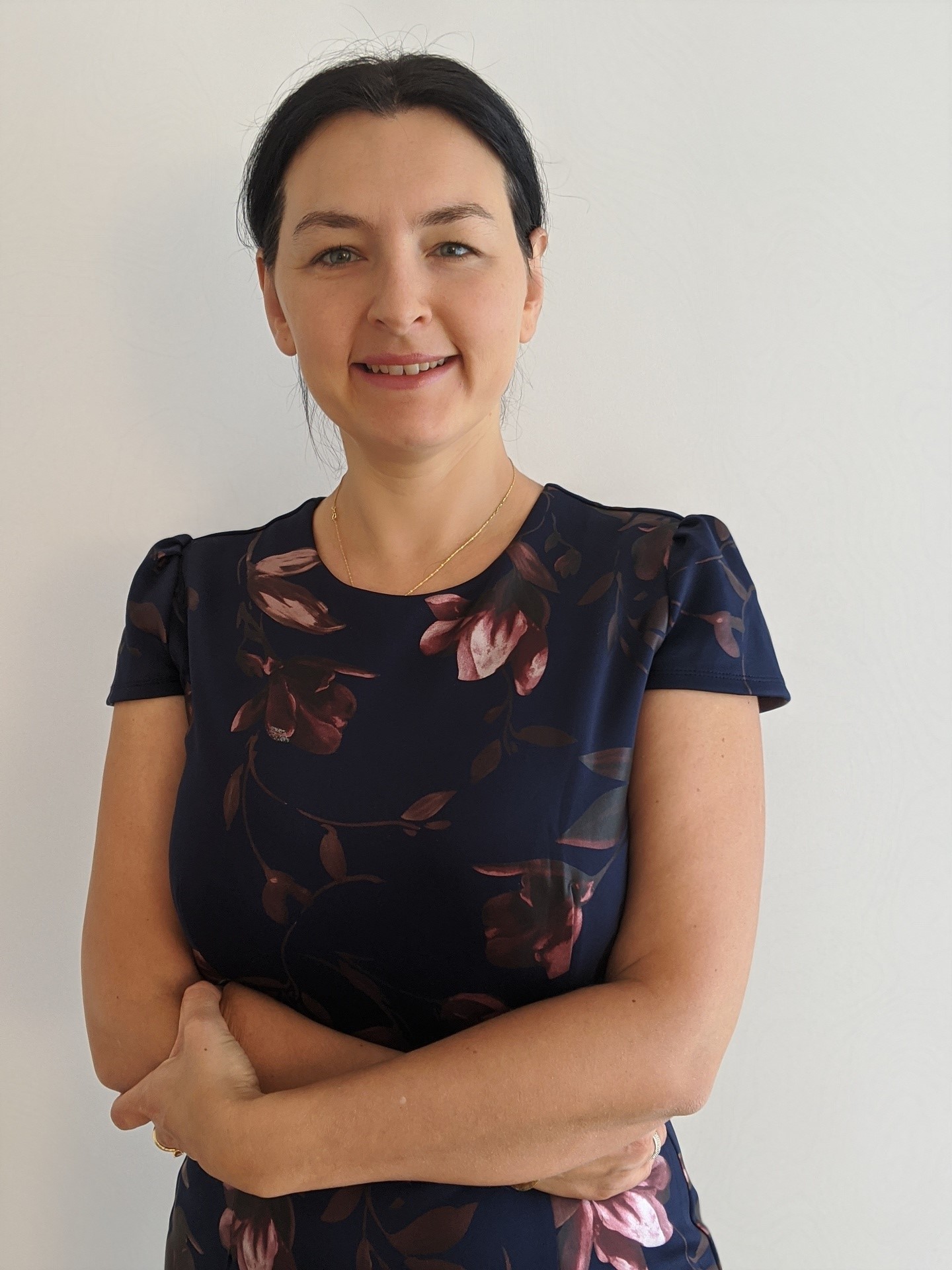Naples, ITALY
10th September 2025

Prof. Adriana Tapus
Adriana Tapus is currently a full professor in the Autonomous Systems and Robotics Lab in the Computer Science and System Engineering Department (U2IS) at ENSTA, France. She received her PhD in computer science from the Swiss Federal Institute of Technology Lausanne (EPFL), Switzerland, in 2005, and her degree in engineering in computer science and engineering from the Politehnica University of Bucharest, Romania, in 2001. She worked as an Associate Researcher at the University of Southern California (USC), where she was among the pioneers in the development of socially assistive robotics, also participating in activities in machine learning, human sensing, and human-robot interaction. Her main interests are long-term learning (i.e., in particular, interaction with humans), human modeling, and online robot behavior adaptation to external environmental factors. Prof. Tapus is an Associate Editor for IJSR, T-HRI, and Senior Editor for the International Journal of Robotics Research (IJRR). She was also on the steering committee of several major robotics conferences (General Chair 2019 of HRI, Program Chair 2018 of HRI). She has more than 200 research publications, and she received the Romanian Academy Award for her contributions to assistive robotics in 2010.

Juan José García Cárdenas
Juan José García is a PhD student at ENSTA Paris, Institut Polytechnique de Paris, specializing in Human-Robot Interaction (HRI). He earned his bachelor's degree in Electrical and Electronic Engineering from Universidad de los Andes, Colombia, and holds a master's degree in Electronic Engineering and Computer Science. Before his doctoral studies, Juan José was an active member and leader of the SinfonIA research group in Colombia. Currently, as part of the EU-funded Marie Skłodowska-Curie Actions Doctoral Training Network RAICAM, which focuses on advancing AI and robotics for critical asset monitoring, his research centers on developing computational methods to estimate trust and cognitive load in human operators during collaborative and teleoperated robotic tasks.

Xiaoxuan Hei
Xiaoxuan Hei is a PhD student in the Autonomous Systems and Robotics Lab in the Computer Science and System Engineering Department (U2IS) at ENSTA, France. She received her BSc degree from the School of Optical and Electronic Information, Huazhong University of Science and Technology (HUST), China and her MSc degree in Computer Science from Paris Saclay University, France. Her research focuses on Human Robot Interaction, with an emphasis on engagement and performance in robot-assisted educational context. She has published several papers at ICRA, IROS, RO-MAN, ICSR, etc.
